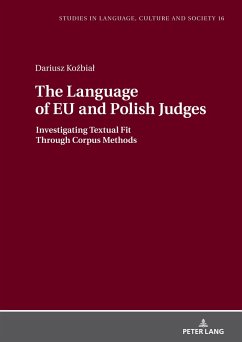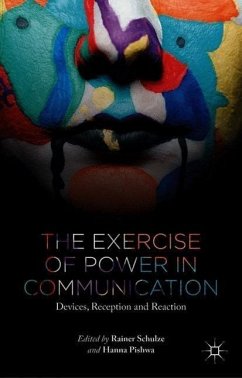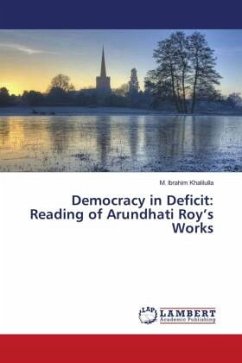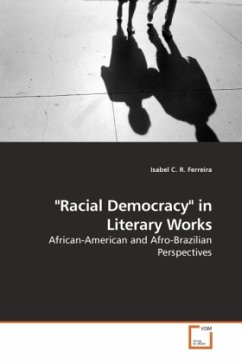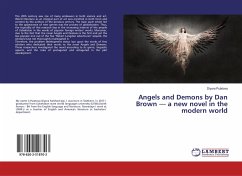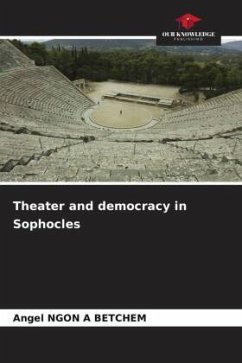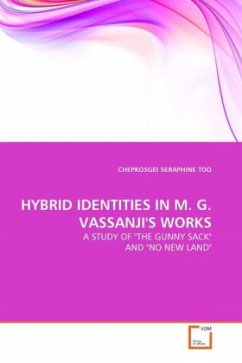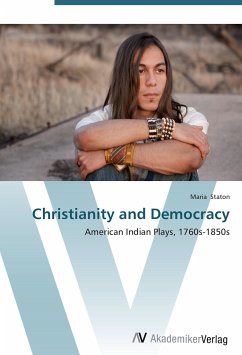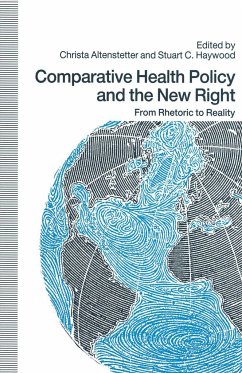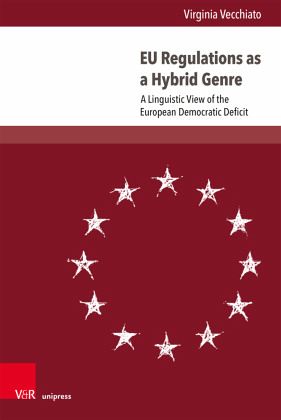
EU Regulations as a Hybrid Genre
A Linguistic View of the European Democratic Deficit. Dissertationsschrift

PAYBACK Punkte
0 °P sammeln!
The study, based on the principles of genre analysis, speech act theory applied to legal discourse and thick description of legal texts, was carried out on a corpus of ninety EU regulations on subjects (e.g. customs union, competition rules) that fall under the exclusive competence of the European Union according to the principle of conferral. The findings shed light on a new approach to hybridity in EU secondary legislation. EU regulations, which are hybrid legal texts, are inevitably influenced by the legal framework from which they originate and by the political and historical reasons that ...
The study, based on the principles of genre analysis, speech act theory applied to legal discourse and thick description of legal texts, was carried out on a corpus of ninety EU regulations on subjects (e.g. customs union, competition rules) that fall under the exclusive competence of the European Union according to the principle of conferral. The findings shed light on a new approach to hybridity in EU secondary legislation. EU regulations, which are hybrid legal texts, are inevitably influenced by the legal framework from which they originate and by the political and historical reasons that led the founding fathers of the former European Community to address the problem of the so-called 'democratic deficit' also from a textual point of view, and not only by means of economic and political strategies. The textual peculiarity of EU regulation is particularly significant when combined with the contractual nature of EU law. Thus, the results of this study support the hypothesis according to which EU regulations are an instrument created to regulate social behaviour and to address the phenomenon of the 'democratic deficit' from a textual perspective.




